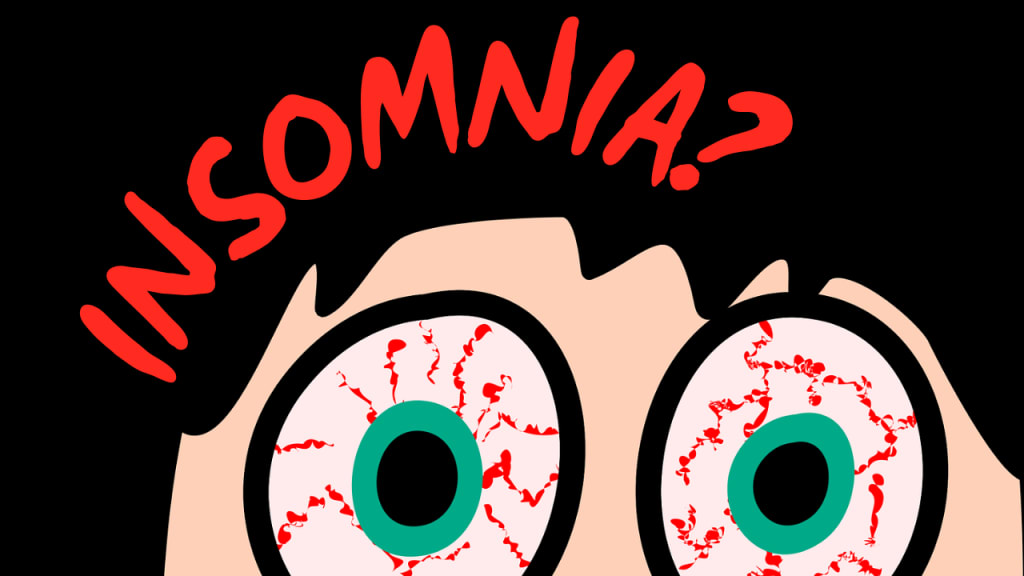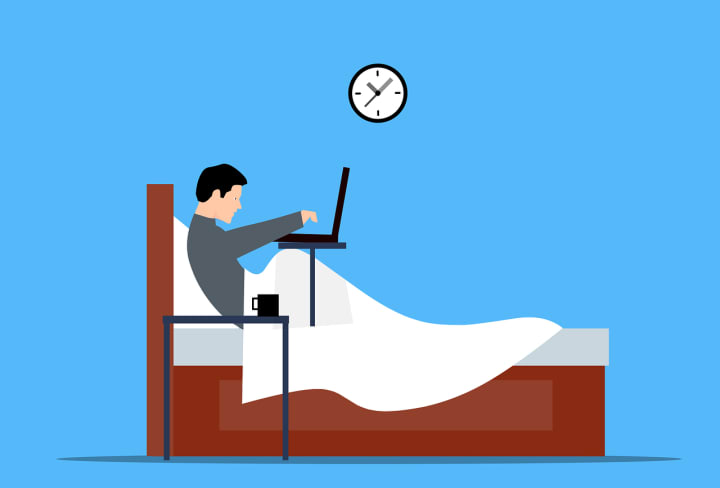Transform Your Sleep Now: A Path to Improvement
Dissatisfied with your sleep? You are not alone. Many people suffer from insomnia or simply sleep poorly. The good news is that there are many ways to improve your sleep. In this post, you'll find tips and tricks to improve your sleep and find your way to restful sleep.

Sleep quality and sleep improvement
Sleep is an important part of our daily lives and affects both our physical and mental health. Good quality sleep is critical to feeling refreshed and rested, and to being productive and focused during the day. Unfortunately, many people have difficulty achieving good quality sleep and suffer from sleep disorders.
Factors that affect sleep quality
Anxiety, pain, sleep environment and sleep routine. To improve sleep quality, there are some simple steps you can take.
One of the most important factors for good sleep quality is a regular sleep routine. It is important to go to bed and get up at the same time each day to get the body used to a set sleep-wake rhythm. Another important factor is the sleeping environment. A darkThere are several factors that can affect sleep quality, such as stress, er, quiet and cool room can help you fall asleep faster and sleep better.
Another way to improve sleep quality is through relaxation techniques such as yoga, progressive muscle relaxation or autogenic training. These techniques can help reduce stress and anxiety and calm the body and mind, which can lead to better sleep quality.
Another important component of sleep quality is sleep duration. It is important to get enough sleep to feel refreshed and to be productive and focused during the day. Recommended sleep duration varies by age, but in general, adults should sleep between 7 and 9 hours per night.
However, it is not only the duration of sleep that is important, but also the quality of sleep. One indicator of the quality of sleep is sleep architecture, which is composed of different sleep stages. There are four sleep stages: light, deep, REM sleep and dream sleep. Each of these sleep stages has its own function and is important for the recovery of the body and mind.

Insomnie
Insomnie, oder Schlaflosigkeit, ist eine häufige Schlafstörung, bei der Menschen Schwierigkeiten haben, einzuschlafen, durchzuschlafen oder aufzuwachen. Es gibt verschiedene Arten von Insomnie, wie primäre Insomnie, die durch Stress, Angst oder Schmerzen verursacht wird, und sekundäre Insomnie, die durch eine andere Erkrankung verursacht wird. Insomnie kann zu Tagesmüdigkeit, Konzentrationsschwäche, Stimmungsschwankungen und sogar zu ernsthaften gesundheitlichen Problemen führen.
Die Behandlung von Insomnie hängt von der Art der Insomnie ab. In vielen Fällen kann eine Veränderung der Schlafroutine und der Schlafumgebung helfen. Dies kann bedeuten, dass man eine feste Zeit für das Schlafengehen und Aufstehen einhält, das Schlafzimmer dunkel und ruhig hält und die Verwendung von elektronischen Geräten vor dem Schlafengehen einschränkt. Es gibt auch Entspannungstechniken wie Progressive Muskelentspannung oder Yoga, die helfen können, Stress abzubauen und den Körper und Geist zu beruhigen.
Medikamente, wie Schlafmittel, können ebenfalls zur Behandlung von Insomnie verwendet werden. Es ist jedoch wichtig zu beachten, dass Schlafmittel nur kurzfristig verwendet werden sollten und nicht zur Dauermedikation werden sollten. Es ist auch ratsam, sich vor der Einnahme von Schlafmedikamenten von einem Arzt beraten zu lassen.
Wenn die oben genannten Methoden nicht wirken, sollten Sie sich an einen Arzt oder Therapeuten wenden. Es kann notwendig sein, weitere Untersuchungen durchzuführen, um die Ursache der Insomnie zu bestimmen und gezielter behandeln zu können.
Technology and sleep
The constant presence of smartphones, tablets and computers in our lives can affect sleep quality.

The blue light emitted from these devices can disrupt the production of melatonin, a sleep hormone. Melatonin is responsible for regulating the sleep-wake cycle and when its production is disrupted, it can become more difficult to fall asleep and sleep quality suffers.
It is therefore advisable to stop using screens at least one hour before bedtime. One way to reduce blue light is to use special filter apps or settings on devices that reduce blue light. Some devices also have a night mode that automatically reduces blue light when it gets dark.
It's important to note that using technology before bed not only disrupts the production of melatonin, but can also interfere with the ability to detach from the busy thoughts of the day and prepare for sleep. By limiting the use of technology before bed, you can play a part in improving sleep quality and feeling more rested and







Comments
There are no comments for this story
Be the first to respond and start the conversation.